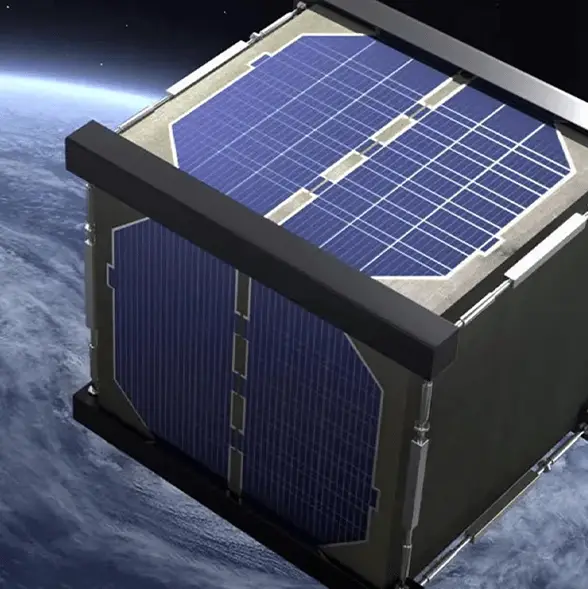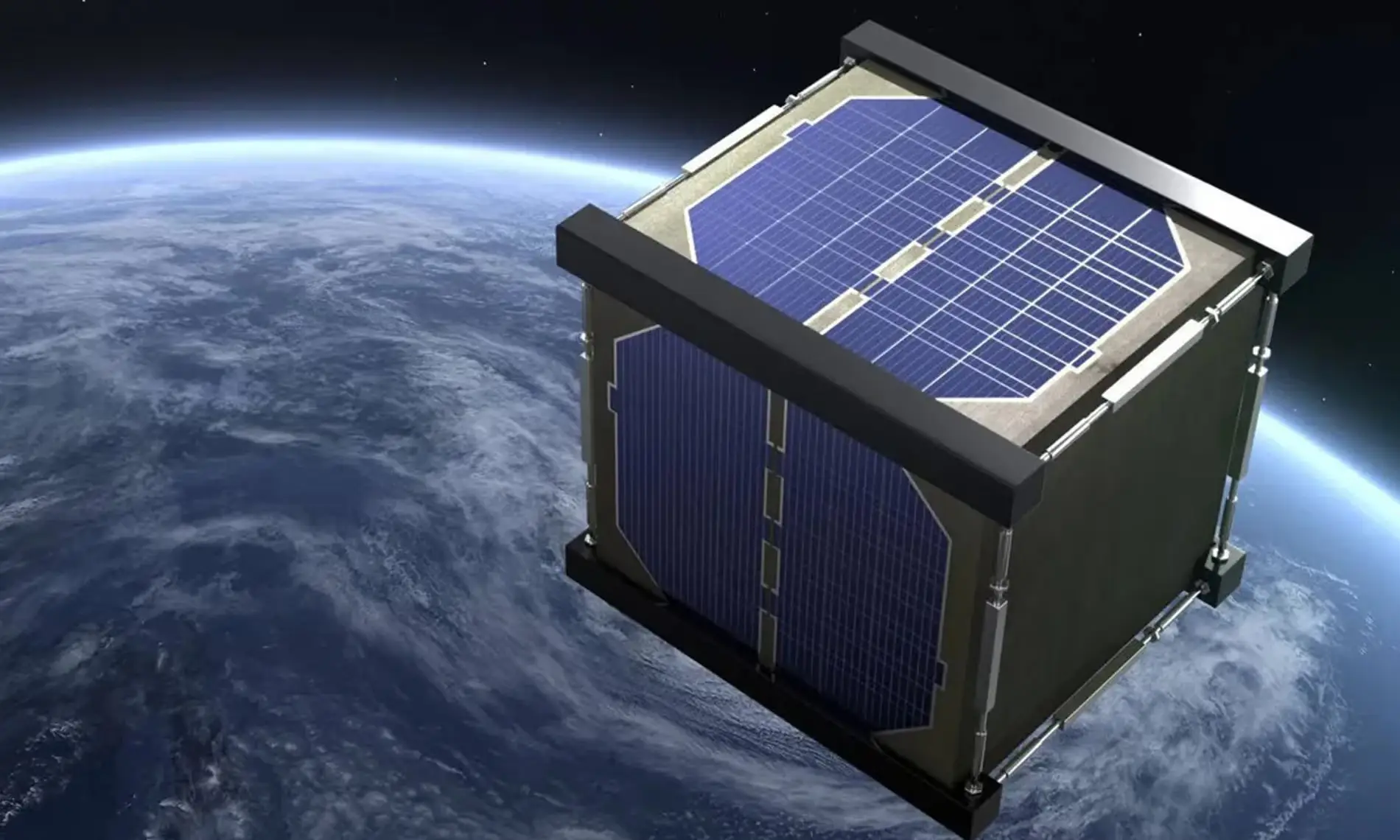
NASA have launched the world's first wooden satellite into space, and it could have huge implications for the future of space travel.
While current rockets and satellites have fared well so far with a metal-based construction, the environmental future of both Earth and space could be made stronger if this technological innovation is successful.
While NASA themselves have been nabbing parts off of eBay, Japanese researchers have managed to design a wooden satellite that could fundamentally change exploration efforts into space - especially when it comes to our relationship with Mars.

Advert
LignoSat - the wooden satellite in question - was successfully launched towards the International Space Station on an unmanned SpaceX flight, after which it will be released into the Earth's orbit and remain there for six months.
The nature of this mission is both to test the durability of wooden materials in space - as they could prove more durable and renewable than their metal counterparts - and to also show the positive environmental impact too.
Surprisingly, wood is actually a more durable material outside of Earth's limits than it is on it. Without water or oxygen, wood remains impervious to rot, inflammation, or expansion, and thus could prove to be extremely useful in both construction and exploration efforts.
It'll also have a potentially positive impact on our life on Earth too, as scientists at Kyoto University expect that it'll release far less pollution than its metal counterparts when burning up in the atmosphere.

Takao Doi, an astronaut and special professor at Kyoto University, claims: "Satellites that are not made of metal should become mainstream," adding that the use of wood and other renewable materials would allow humans to "build houses, live and work in space forever".
That certainly would be quite the future if it was successful, and there's no doubt that it'll interest the likes of Elon Musk and SpaceX as an extension.
Doi also claimed: "If we can prove our first wooden satellite works, we want to pitch it to Elon Musk's SpaceX."
Outside of the positive environmental impact, the use of wood will also do wonders for the timber industry, increasing sustainability on Earth and creating more jobs.
LignoSat has been made specifically with honoki wood, which is a type of magnolia tree native to Japan. Impressively, the satellite was also constructed without the use of screws or glue in a traditional Japanese technique - let's hope that nothing comes loose when it's in outer space.
